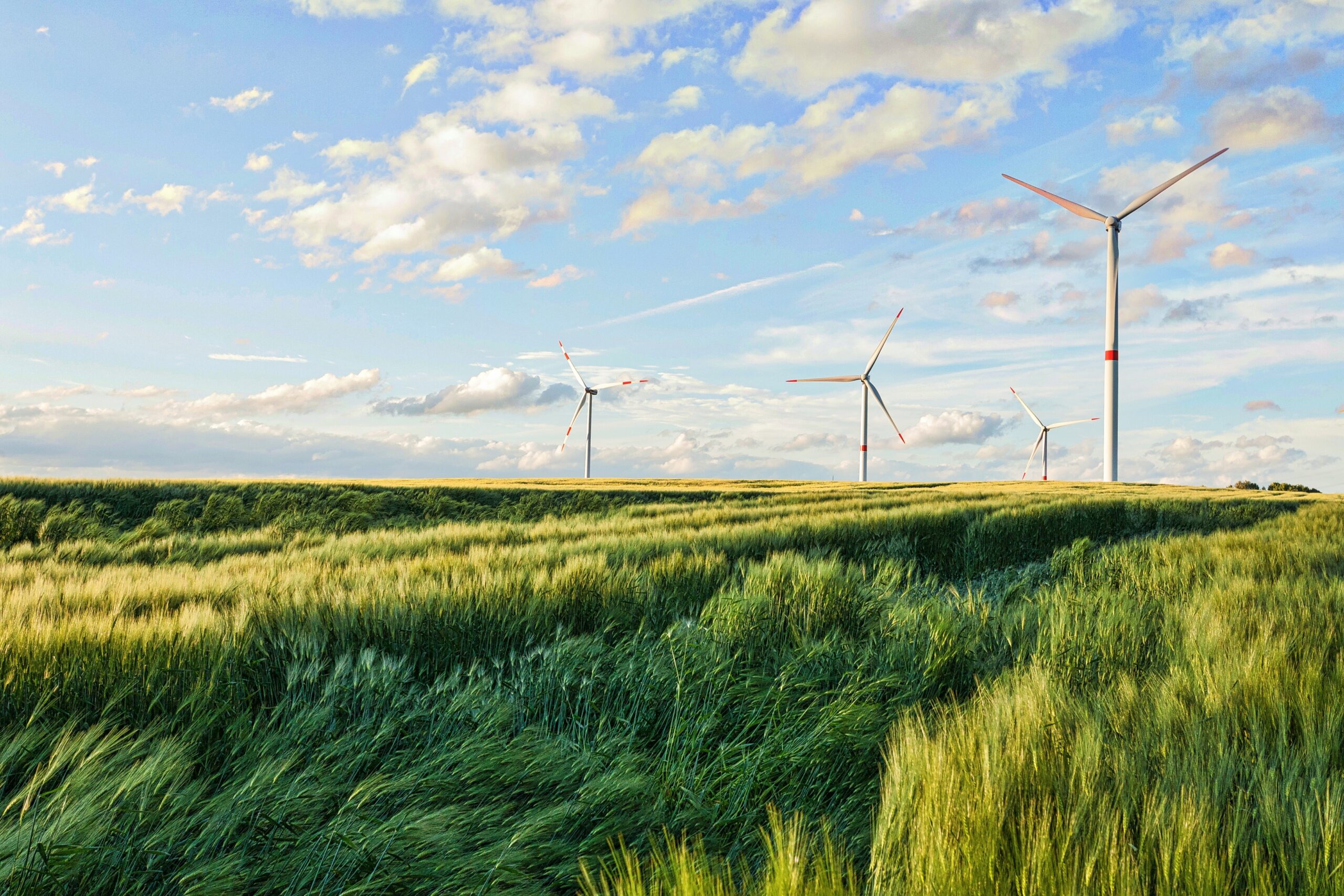
As the Royal Welsh Agricultural Society’s flagship accolade, the Sir Bryner Jones Memorial Award is hotly contested year after year.
Once again, the overall winner of this year’s much coveted award will be kept under wraps until the Royal Welsh Show, where the shortlisted contenders and their families will attend the Royal Welsh Agricultural Society award presentations on the first day of the show to hear the winner announced for the first time.
Sir Bryner Jones helped shape the direction of the Royal Welsh Agricultural Society for 50 years, was Agricultural Commissioner for Wales and subsequently became Welsh Secretary of the Ministry of Agriculture. He was President of the Royal Welsh in 1954, the Society’s Golden Jubilee year.
Since 1957 the award has been made annually to someone from a different area of the farming industry who has reached the highest level of achievement in the chosen sector. This year the judges were looking for an individual who has successfully implemented innovations and techniques towards achieving Net Zero within their farming business.
Why Net Zero?
In essence, the Net Zero ambition is society’s desire to leave the world a better place – something farmers have been doing for generations.
Most farmers have an innate desire to improve the land under their stewardship and success is realised by the considered application of innovative ideas. In current times these changes are felt with the evolving climate crisis and most recently the dramatic effects world events can have on global business and it is even more important to be able to adapt farming businesses to remain sustainable in all forms.
It is important that we identify and celebrate those that are most proactive in reducing their Carbon Footprint and develop systems that would allow others to learn from their success.
“We had the privilege of visiting eight outstanding businesses throughout Wales. Many of this year’s entries demonstrated a clear understanding of the commercial and carbon economics of their farm, a circular approach to self-sufficiency and a clear objective in leaving a sustainable legacy for their family.” remarked the judges Tom Allison, RWAS Board Member and Alex Lockton, RenewEV.
After many hours of deliberation, the judges were able to shortlist the three successful candidates, listed in alphabetical order;
Dylan Jones of Castellior (Anglesey)
Castellior is an 800-acre farm on the Isle of Anglesey that finishes 1500 cattle through a completely self-sufficient, low-carbon feeding system that is increasingly near to reaching the aim of net zero.
This has been possible through a number of techniques including choosing pastures that allow us to be able to lock nitrogen in the ground, concentrating on soil health and manure management, reducing the use of chemical fertilizers, measuring cattle’s performance through the use of digital software, and experimenting with barley crops growth.
Edward Vaughan of Sychtyn (Montgomeryshire)
Sychtyn Farm has now transitioned 1500 mule ewes flock from lambing inside and intensively managed to outside via Easycare breed without any concentrate feed. They have continental and native suckler cows to produce quick-growing cattle from grass. All cattle are finished from home-grown forage crops.
Over 2000m of new hedges have been planted in the last 3 years and fenced 10 acres of peat bog for the exclusion of livestock towards carbon storage. Dramatically increased organic matter within the soils by replacing compound fertiliser with digestate.
In 2021 Edward created a new company for the local community to receive electricity direct from the farm via wind power, supplying over 100 domestic properties within the local community with plans to provide for businesses also in the near future.
Ben Williams of Greenway Farm (Brecknockshire)
Greenway Farm is a highly productive 450-acre mixed farm, finishing 250 dairy bred cattle with a 600 flock of ewes and 205 acres of arable crops compromising of wheat, oil seed rape, beans, spring barley and cover crops.
Focussing on direct drilling and zero tillage since 2008, Ben runs a highly productive and efficient paddock grazing grassland. To achieve the end goal of net zero, Greenway Farm have been measuring soil organic matter over the last ten years and have managed a 2% increase. They also have 83.6 kw of solar PV with more planned this year.
The judges would like to thank each one of the eight candidates for their time, effort, and hospitality during the judging visits, and look forward to seeing how their farms evolve on the journey to net Zero.
“This has been both the most challenging and inspiring evaluating process that we’ve ever been involved with. There is not one visit which did not teach us something to share with others and we encourage those entrants to share their ideas with each other and in their wider local communities.”
The winner will be announced at the Royal Welsh Agricultural Society award presentations in the Council Enclosure on the first day of the show, Monday 24 July, at 2.30pm and will be presented with the Sir Bryner Jones Memorial Trophy, Medal and Certificate.
The RWAS acknowledges with thanks the sponsorship of the medal by Mr Gareth Roberts, a member of the Society’s Board of Directors.
